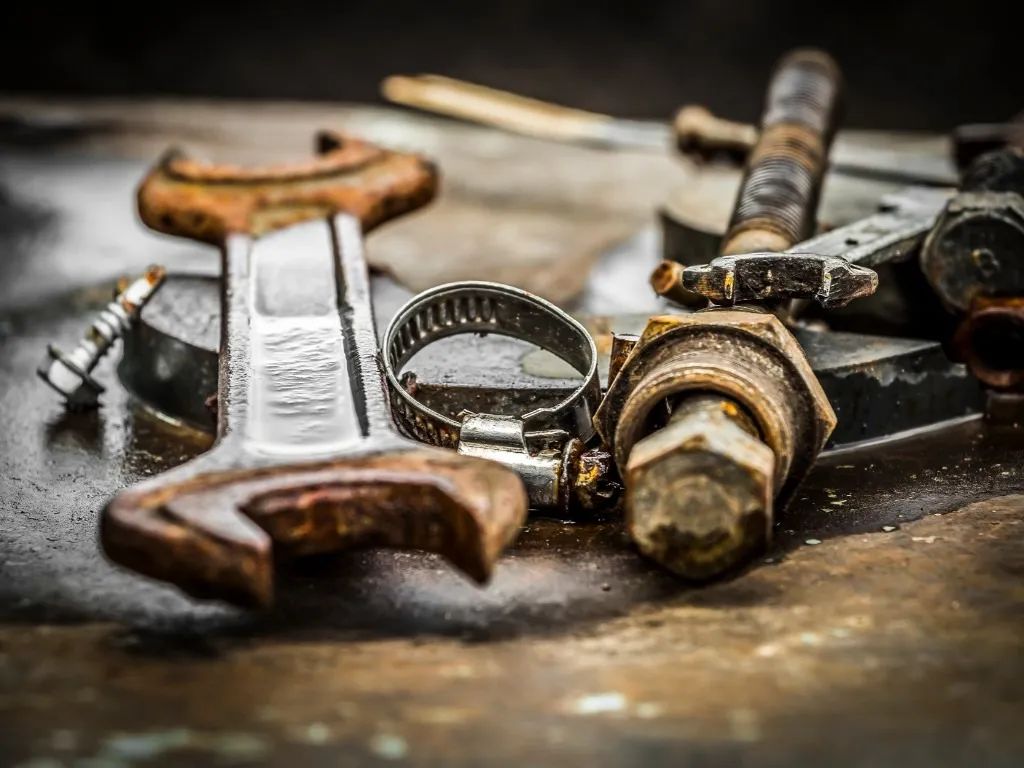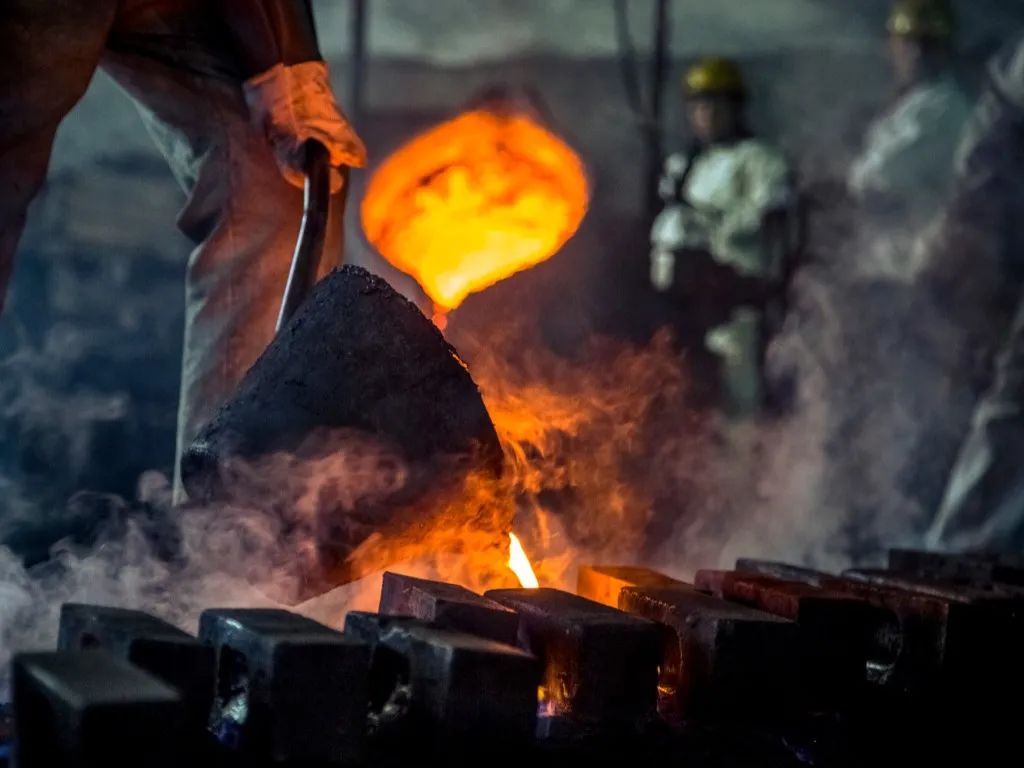
Privacy statement: Your privacy is very important to Us. Our company promises not to disclose your personal information to any external company with out your explicit permission.
2022-12-05
Common inorganic corrosion inhibitors include sodium nitrite, sodium molybdate, sodium tungstate, boric acid, borax, phosphate, etc. They are all anodic oxidation inhibitors. There are more kinds of organic corrosion inhibitors, such as the well-known carboxylic acid salts: mono carboxylic acid, dicarboxylic acid, ternary acid, etc. In addition, fatty acid amides, borate esters, petroleum sulfonates, alkyl succinic acids, cationic quaternary ammonium salts, etc. This kind of corrosion inhibitor contains nitrogen, phosphorus, sulfur, oxygen and other elements with lone pair electrons, which can directly form a chemical adsorption layer on the metal surface. It is a mixed corrosion inhibitor.

LC-MS
Liquid chromatography-mass spectrometry is used to identify polar compounds in antirust agents, including organic corrosion inhibitors, inorganic corrosion inhibitors, complexing agents, etc. Figure 6 is the MS spectrum of a water-based antirust agent. Through the MS spectrum, it can be seen that there are ternary polycarboxylic acids in the antirust agent.
Liquid phase ion chromatography IC
Liquid phase ion chromatography can analyze inorganic ions in water-based corrosion inhibitor. Figure 7 is the IC spectrum of a water-based corrosion inhibitor. It can be seen from the figure that there is sodium nitrite in the rust inhibitor.

Share to:
Send Inquiry

Mr. James
Tel:0086-371-58651986
Fax:
Mobile Phone:+8613783582233
Email:sales@cn-lubricantadditive.com
Address:No.11 Changchun Road, High-Tech Zone, Zhengzhou, Henan
Related Products List
Mobile Site


Privacy statement: Your privacy is very important to Us. Our company promises not to disclose your personal information to any external company with out your explicit permission.

Fill in more information so that we can get in touch with you faster
Privacy statement: Your privacy is very important to Us. Our company promises not to disclose your personal information to any external company with out your explicit permission.